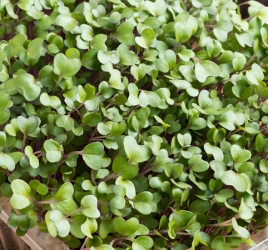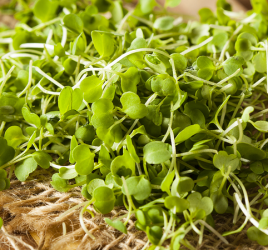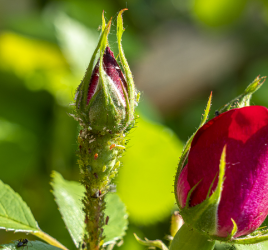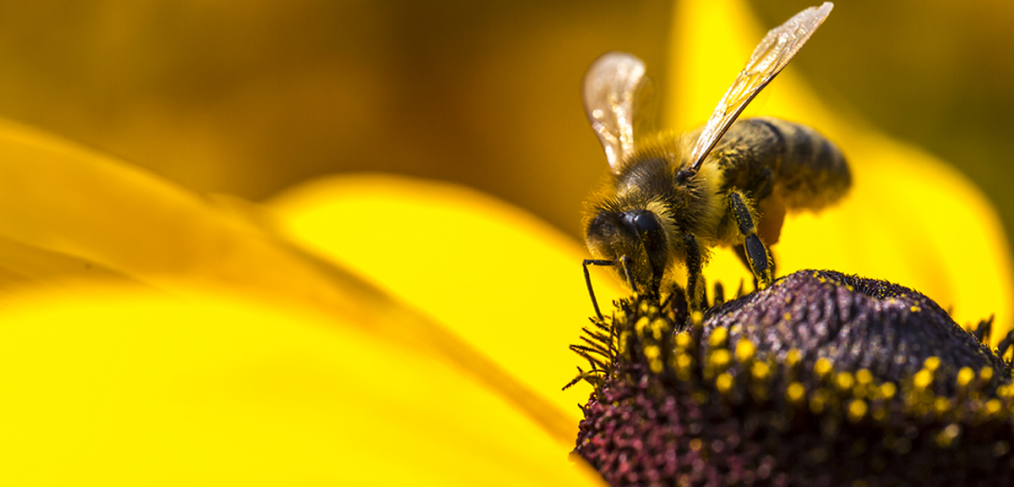
Aldi Bans Bee Killing Pesticides and Their Profound Impact
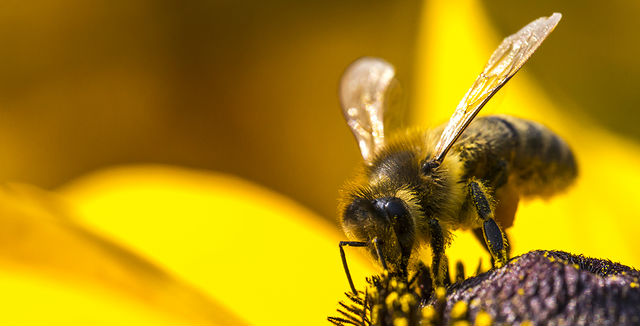
In case you are new to Aldi and have never shopped there, we’ll share a few details. Aldi is a supermarket that is known for its low cost products. They have a reputation of being a little different a traditional supermarket. When you shop there, you will need to bring your own bags or buy them there. Don’t forget your quarter if you want to use a cart. These are a few simple ways that Aldi has done to help cut expenses.
According to yournewswire.com, Aldi can keep its prices low because they limit their inventory to a small selection of private-label items. This is different from other supermarkets that tend to carry several different brands of a single product. Aldi is accustomed to being a little different.
Aldi Bans Bee Killing Pesticides from Produce
Making this dramatic decision to ban bee killing pesticides takes Aldi to a whole new level of different. The supermarket chain is putting their money where their mouth is. They have already started to implement this decision, and they are putting these changes into operation. The eight pesticides known to be toxic to bees will no longer be allowed on their produce. They are requiring their supplies to immediately stop using these pesticides. The ban includes pesticides like: neonicotinoids, imidacloprid, clothianidin, and thiamethoxam.
What’s the big deal?
In the children’s book, What If There Were No Bees?: A Book about the Grassland Ecosystem by Suzanne Slade, illustrates the incredible dependence our produce, health, livelihood, and world has on bees and other pollinators. One of the photos shows the world completely void of anything living without the existence of bees. There is no question that our food would be drastically impacted by the loss of bees and other pollinators.
Many voices have been calling for a ban on pesticides for a long time. Last year, the whole world began to feel the implication of the decline of pollinators. It isn’t something that can just be ignored any longer.
The research is growing daily and continues to prove that pesticides play a critical role in the continued decline of honey bees and other pollinators. According to Naturalblaze.com, both the US and Europe have seen unprecedented losses over the last decade.
A Look into How These Pesticides Impact Bees
Neonicotinoid is one of the bee-toxic pesticide that Aldi has banned from their produce. This pesticide alone has consistently been implicated as major factor to the decline of pollinators. Neonicotinoid will impact the bee reproduction, navigation, and searching and can even weaken a bee’s immune system. In addition, many calls to suspend these pesticides have been ignored until now.
First of Four Primary Risk Assessments from EPA
With the science continuing to grow in a case against these pesticides it will make you wonder why more supermarkets like Aldi have not already jumped on board to ban these pesticides. One study in particular came out just recently. On January 6th, the U.S. Environmental Protection Agency (EPA) released the first of four preliminary risk assessments for insecticides potentially harmful to bees.
Jim Jones, the Assistant Administrator of the Office of Chemical Safety and Pollution Prevention stated that they are the first time not just protecting bees and reversing bee loss, but assessing the health of the colony for the neonicotinoid pesticides. He continues to say that they are using “science as our guide.” The assessment, which is the first of four to be released, found that imidacloprid, another Aldi banned pesticide, potentially poses risk to hives when the pesticides comes in contact with certain crops that attract pollinators.
Marla Spivak from CNN addresses the issues of neonicotinoids in her article, What Will Happen if Bees Disappear? She highlights that the problem with this pesticide is that it can seep into the pollen and nectar of a flowering plant. Spivak states, “Although we know that most insecticides can kill bees when used in high enough concentrations, one class of insecticides, called the neonicotinoids, is making headlines because the active ingredients can move into the pollen and nectar of treated flowering plants.”
The Argument Against Pesticides Continues
The argument against these pesticides continue. Jay Feldman, the Executive Director of Beyond Pesticides, a science and advocacy group based in Washington DC continue the argument against these pesticides. He recently stated, “We cannot incorporate highly toxic and persistent chemicals into virtually all agricultural crops and ornamental plants without detrimental impacts on large populations of bees, butterflies, and birds and other organisms important to a healthy ecosystem on which life depends.”
Aldi is jumping ahead of the supermarket industry by making this unprecedented decision to ban these pesticides from their produce. This decision is hopefully the beginning of many from other supermarkets and maybe on a personal level too.
Bringing it Home
In conclusion, the decision that Aldi has made might cause you to think twice about how you do your own home gardening. While it is quite understandable that supermarkets and their suppliers use of these harmful insecticides have a far more profound impact on the bees and environment then your tiny little garden. It is still a great opportunity to rethink how you do your home gardening. Finding other organic options to help your garden can make a difference, even if is a little one.
Ways you can make a difference is by checking the labels and questioning your decision to use a pesticide. If you use a landscape company or professional gardening service, ask them what products they are using. The resources for organic gardening are everywhere. Here are some helpful organic tips.
Each decision, even small, can make lasting change. Join the movement to protect our bees, our pollinators, and our ecosystem.

